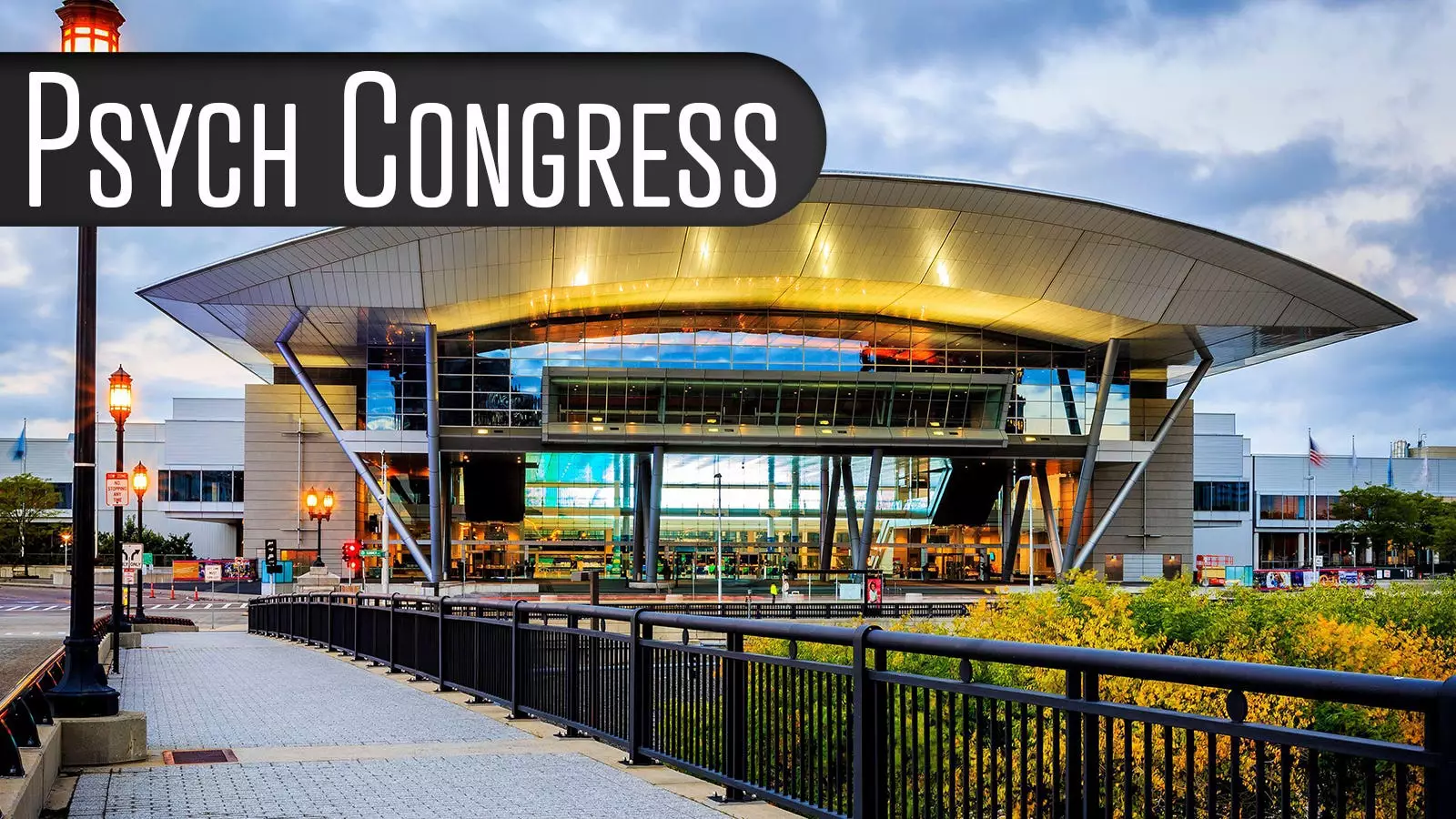The implications of relapse in schizophrenia have long been recognized, yet recent studies have further illuminated a pressing issue: even a single relapse can profoundly affect longevity in individuals with this complex condition. A longitudinal analysis involving over 32,000 patients has revealed a striking correlation between relapse episodes and increased all-cause mortality, prompting a reevaluation of how this chronic mental health disorder is managed. Not only does this raise questions about treatment approaches, but it also emphasizes the need for comprehensive strategies aimed at maintaining patient stability.
Key Findings of the Study
Research led by Dr. Christoph Correll at the Zucker School of Medicine sheds light on the stark reality faced by patients with schizophrenia. In the cohort studied, relapses were linked to a fearsome surge in mortality risks. Specifically, the hazard ratios (HR) exhibited a worrying trend—a single relapse increased mortality risk by 20%, while recurrent relapses significantly compounded this risk, with five relapses resulting in over double the mortality risk (HR 2.02), and a staggering 2.63 times the risk for those who had experienced ten relapses. The stark survival rate statistics are particularly alarming; only 50% survival was observed over seven years in patients experiencing five relapses, whereas those with one relapse had a much higher estimated five-year survival rate of 78%.
Schizophrenia is not just a mental health issue; it has grave implications for life expectancy, reportedly truncating it by an estimated 15 years. This reduction in longevity can be attributed to an array of factors, from physical health complications to heightened risks of suicide. Dr. Correll’s research findings at Psych Congress in Boston intuitively connect the dots between mental health relapses and broader health outcomes. Every episode of relapse cannot merely be viewed through the lens of symptom control; it also represents a significant health crisis that can undermine the patient’s entire well-being.
What becomes increasingly clear from this study is the need for proactive relapse management strategies. Dr. Correll advocates for early interventions and treatment modifications, noting the potential of long-acting injectable (LAI) antipsychotics to improve adherence and curb relapse rates. Stabilizing patients manifests not only through symptom management but contributes to an overall improvement in health-related quality of life. Clinicians are encouraged to foster healthier lifestyles and heightened functionality by ensuring that medication adherence is a priority. Achieving stability in patients transcends symptom control; it safeguards against life-threatening health risks associated with the disorder.
Correll emphasizes that the challenges of managing schizophrenia extend far beyond the pharmacological realm. Addressing comorbidities and providing holistic care are crucial components of a successful treatment regimen. The data suggest that more than a quarter of the studied patients experienced at least one relapse, yet the majority endured merely one or two episodes. The implications of these relapses demand a multifaceted approach to care—one that emphasizes monitoring both mental and physical health, as well as developing a robust support structure for patients to mitigate risks.
Despite the compelling findings, the study is not without its limitations. Researchers indicated that the claims data may not fully encapsulate all instances of relapse, suggesting a potential undercount in both relapse episodes and patient mortality. This gap highlights an urgent need for additional research focusing on the causes of death linked to relapses in schizophrenia, which could unveil essential strategies for prevention and intervention.
The stark realities highlighted in Dr. Correll’s study signal a pivotal moment in the management and understanding of schizophrenia. As the connection between relapse episodes and increased mortality rates becomes clearer, the importance of vigilant, comprehensive care practices cannot be overstated. Clinicians, healthcare providers, and caregivers must prioritize strategies designed to prevent relapses, ultimately working towards a future where individuals battling schizophrenia can lead longer, healthier, and more fulfilling lives. Addressing the silent danger of relapse is not just a clinical necessity; it is a moral imperative that demands immediate attention and action.


Leave a Reply